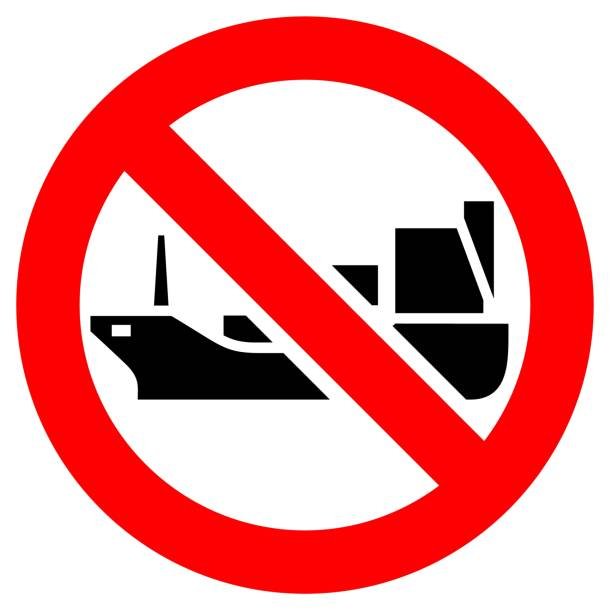Pakistan has been facing the challenges of a dwindled economy for a long time. Stagnated economic growth has posed unprecedented challenges to every sector of society. Pakistan’s Trade Deficit 2022 reached $35.5 billion in March. The country has been relying on imports since the time of its inception. The government has recently announced the banning of imports for controlling the depreciation of Pakistan’s currency. Since the hike in the dollar has enhanced the pressure on all the sectors of society including the pressure on the current government. However, the question arises if banning imports in the country is a viable option to deal with economic challenges?
It would be appropriate to say that Pakistan has been encountering economic challenges owing to two main factors including a lack of Fiscal Management and Balance of Payment. Reliance on imports and a dearth of exports lead to the trade deficit. A trade deficit occurs due to dependence on imports rather than exports. In the wake of Pakistan’s current account deficit and depletion of foreign exchange reserves, an economic emergency has been imposed by banning non-essential import items. The major imports like fuel and edible oil will remain unaffected.
According to World Bank Report 2021, fuel imports in Pakistan were recorded to be 26.53 percent in 2021. Pakistan has been bearing the brunt of an additional 30 billion on the exchequer by turning down the oil and gas authority’s proposal to increase the fuel prices. Moreover, a significant decline in exports was observed in surgical items, cotton yarn, cement, and pharmaceuticals products in FY2022. Unfortunately, the hindered growth of domestic industries and prioritizing imports have brought the country to the point where it stands today.
The country has been unable to attract Foreign Direct Investors and has earned only $2.6 billion through it. Even the countries like Vietnam and Thailand have earned $16 and $19 billion through Foreign Direct Investments and Pakistan stands far behind them. Similarly, India is an agrarian society invested in its domestic production and has now become a leading export market. As it has been said that difficult times demand innovative thinking and some out-of-the-box solutions. Pakistan’s move to ban non-essential luxury products can be a short-term solution to manage the economy, however; it can never be proved to be fruitful in the longer run. The upper class to enjoy the luxuries of life will never stop buying the imported products even if the government imposes a ban on them. Our society will see smuggling as an emerging social problem that will directly or indirectly have a profound impact on the economy of Pakistan.
Following viable options can be applied apart from banning the non-essential luxury items such as, firstly, investing in enhancing the competitive export market of Pakistan. Although China Pakistan Economic Corridor a flagship project has paved the way for the development of Pakistan’s agricultural and industrial growth. It has also been playing an influential role in training labor for producing competent products equal to the worth of Chinese products. Competitive labor can produce competitive products therefore it is the hours need to invest in this direction to bring wonders to the export market of Pakistan. Secondly, as mentioned by Ishtar Hussain in his book “Governing the Ungovernable”, the country managed 300 million of its population by importing the products for meeting the domestic needs. Later on, in 2016 Pakistan was observed to be the 3rd largest exporter of rice. The untapped agricultural and industrial potential of Pakistan stagnated its economic growth. This potential holding sector in our society needs the attention of the government of Pakistan so that Pakistan can gain maximum benefit through it. Thirdly, Small and Medium Enterprises can play a pivotal role in economic growth. Pakistan should learn the lessons from China. As small and medium-sized enterprises contribute to the Chinese economy including 80 percent of non-government employees. Pakistan’s SMEs comprise 98 percent of the country’s 3.8 million businesses. Unfortunately, they have very limited excess to finance and global markets and many of them operate in undocumented and informal ways. Investment in raising SMEs will help the country to boost its economic growth and less reliance on imports.
Above all, Pakistan has been passing through hard times owing to which it is essential to work on long-term economic policies. The economy has become a subject of political parties. Governments should work on the long-term solution as banning non-essential luxury items would not solve the trade deficit in the longer run. Learning from lessons from the past and raising domestic potential can ameliorate the current scenario.
